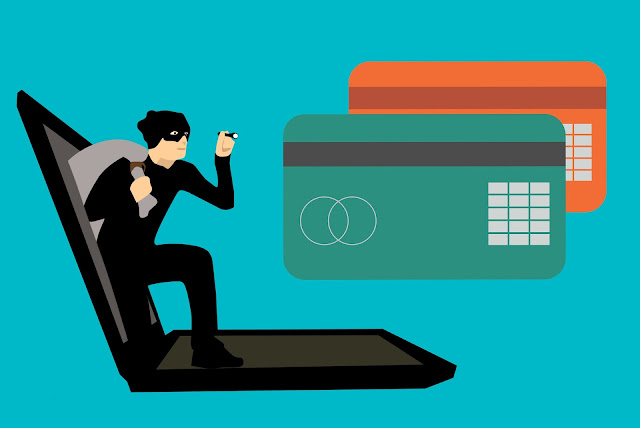As if dealing with the reality of cyberattacks wasn’t alarming enough, many of these emails have subject lines specifically tailored to entice people into opening them—making them seem legitimate and harmless.
Phishing emails often sound urgent, so you fall for the scam. Common phrases used for phishing scams include “change of password required immediately” and “suspicious activity detected.”
While some phishing scams may be easier to spot, others may be more convincing, so it’s essential to be aware of what these common phishing email subject lines are:
Password Check Required
Password check emails may look like legitimate requests from your employer, bank, or other service provider requesting that you update your password.
The email might contain a link that takes you to a site where you’re prompted to enter your personal information like username, password, or credit card number.
Legitimate companies won’t generally ask for sensitive information via unsecured channels.
Issue With Billing Information
Billing information subject lines seek to entice users into clicking by indicating there may be an issue with their billing information.
The email may contain a link or attachment with malicious software hidden inside.
It’s important not to click on any links or attachments in these emails as they may contain viruses or other malware that could compromise your device and personal data.
Human Resources (HR) Has an Update
Phishers often use HR in the subject line as it implies some kind of important update from work.
The email’s content might contain an update related to employee benefits or policies but with a malicious link or attachment embedded within it.
Be sure to double-check the sender’s address before opening any attachments. They may be from an unfamiliar source attempting to pass as your organization’s HR team.
Unusual Account Activity
One of the most common subject lines in phishing emails is “unusual account activity” or something similar.
This subject line often aims to scare you into clicking on a link or opening an attachment to “verify” your account information. But before you do anything, make sure that the email actually comes from a legitimate source (for example, your bank).
If it doesn’t come from a trusted source, you should avoid clicking links or downloading attachments.
Bottom Line
Staying aware of common subject lines used in phishing attempts can help you avoid clicking on suspicious links or providing personal information without verifying the source.
Moreover, there are additional security measures that you can take to protect your data, like using two-factor authentication, changing your passwords regularly, and avoiding giving out sensitive information online.
These strategies might help ensure your online identity is as secure as possible. It may seem like a lot of effort, but cybersecurity should be at the forefront of your online activities.
After all, it only takes one malicious email to cause massive damage—better to prevent it than worry about it later!





